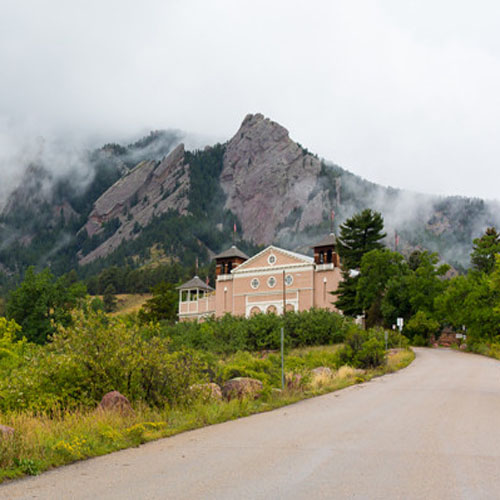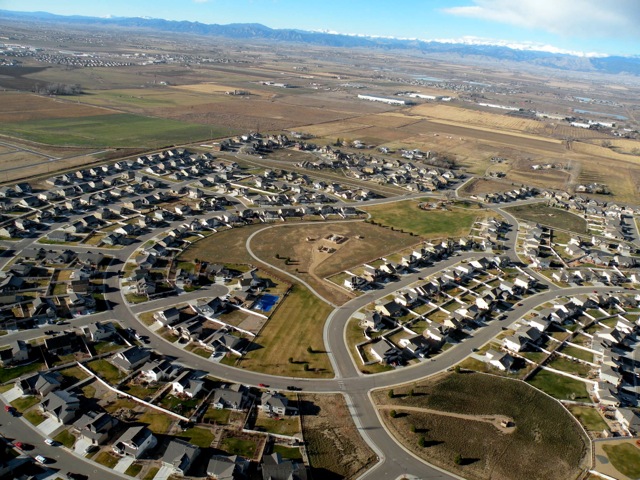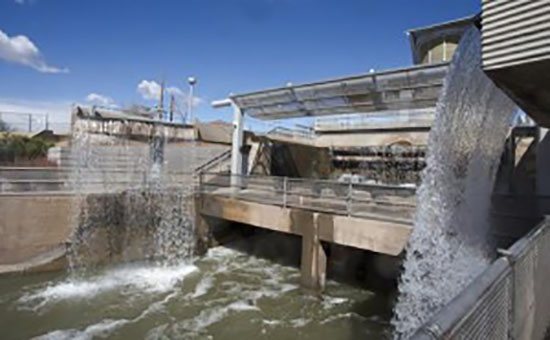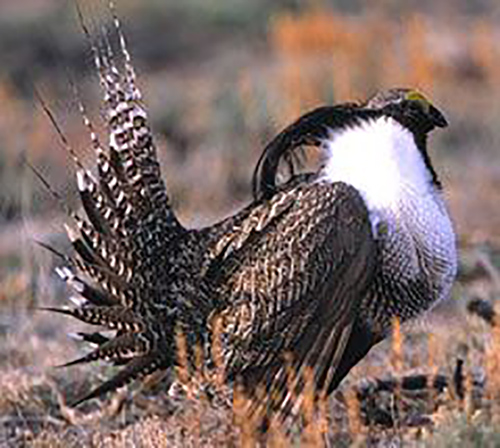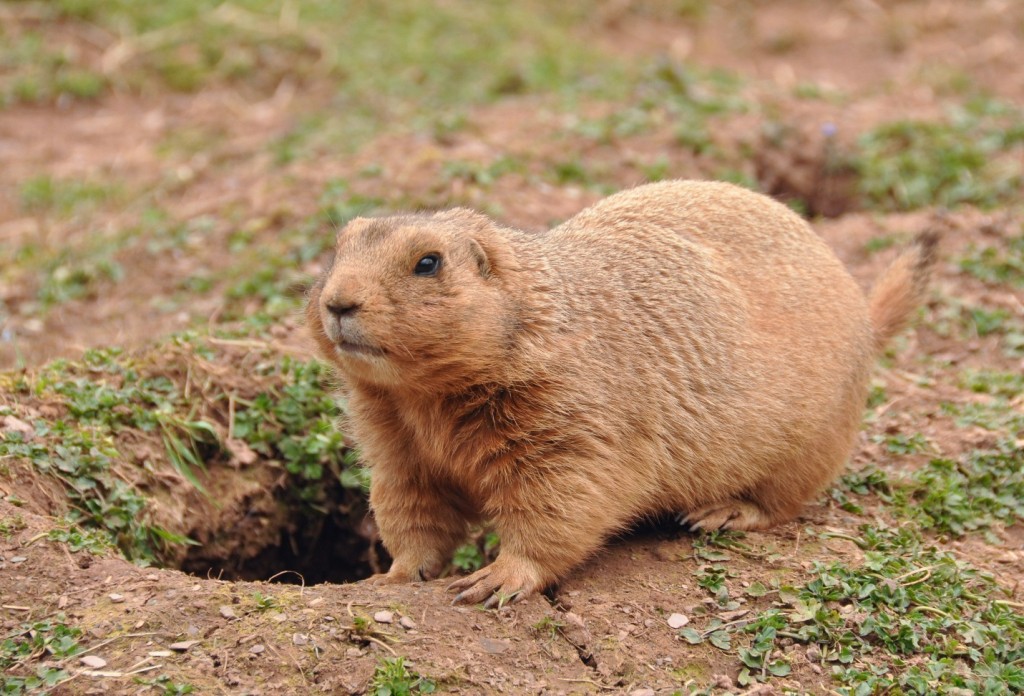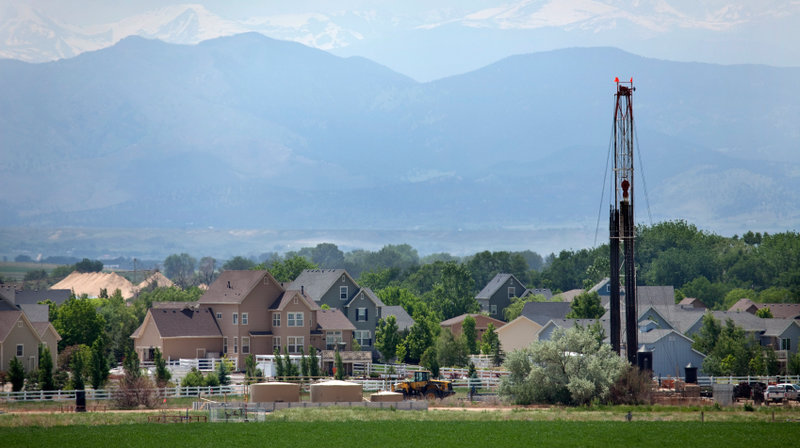
Recently, we were happy to announce the receipt of a generous grant from the Alfred P. Sloan Foundation in cooperation with Resources for the Future (RFF) to conduct a third-party independent assessment of best practices in social performance and community engagement in unconventional energy development in Colorado and Pennsylvania. That project is now underway. RFF and CDR are excited to announce a second grant from the Cynthia and George Mitchell Foundation to add Texas to the research. The Mitchell Foundation describes itself as “an engine of change in both policy and practice in Texas, supporting high-impact projects at the nexus of environmental protection, social equity, and economic vibrancy.” Its mission is to “seek innovative, sustainable solutions for human and environmental problems.” The late George Mitchell pioneered the modern technology of hydraulic fracturing.
The RFF/CDR project will focus on case studies where industry practices in community engagement and social performance have shown success in addressing community needs and overcoming conflicts. The project will examine what practices are working, where and why they are working, what outcomes they produced, and whether the practices are transferable to other regions. The findings will provide the oil and gas industry with tools to improve their “social licenses to operate” within communities and will empower communities to engage more effectively with industry to better satisfy community interests.
The 18-month assessment will rely on community, industry, and government input to identify potential case studies and initial contacts that have direct experience with industry operators and community outreach staff. The research team is also collecting data on the social, economic and political makeup of communities where case studies are conducted to help determine whether such variables are factors in the effectiveness of industry practices. Industry transparency is also a critical component of the study and the willingness of industry representatives to openly share their practices and to allow the research team to critically evaluate them.
The project is led by CDR Senior Program Manager Todd Bryan. Dr. Bryan has conducted comprehensive assessments and helped groups overcome challenging conflicts for more than 25 years. He holds a Ph.D. from the School of Natural Resources and Environment at the University of Michigan.
For more information, please contact Todd Bryan or visit our energy practice page.
